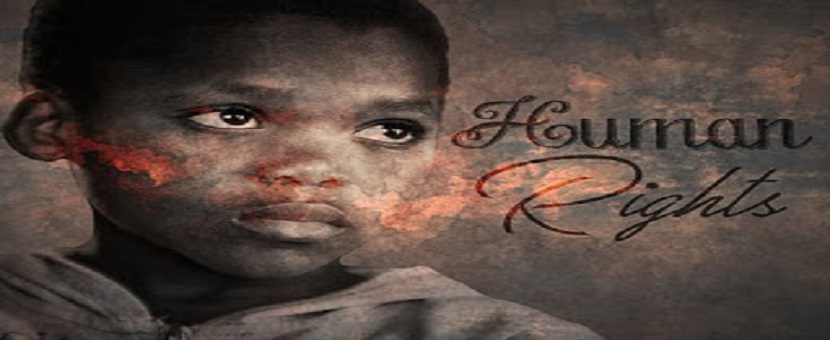Lafia Local Govt. v. Gov., Nasarawa State [2012] 17 NWLR (Pt. 1328) 94 at 127-128, paras. F-G, per Rhodes-Vivour, JSC:
“Section 42 of the Constitution guarantees to every citizen of Nigeria freedom from discrimination on the basis of belonging to a particular community, ethnic group, place of origin, sex, religion or political opinion. The discrimination complained about must emanate from a law in force in Nigeria, or any executive or administrative action of the Government. This includes laws made by the Legislative Houses and Legislation made by Local Governments, and this includes policy statements. The rights are enforceable against the State, and not against individuals.”
Notes:
Highlighting the above interpretation of the Supreme Court of Section 42 of the Constitution which guarantees freedom from discrimination has become necessary in view of the popular belief and assumption in the public domain that this particular fundamental right is enforceable even against individuals and entities other than the State. No, the Constitution did not extend the enforcement of Section 42 as against individuals and the Supreme Court was right in its interpretation. Indeed, a person may experience some form of discrimination in the hands of individuals. The particular act(s) of discrimination may give rise to other causes of action (depending on the particular facts and circumstances) but certainly not a breach of fundamental right to freedom from discrimination.
In the case, there was a policy statement by the Governor of Nasarawa which directed all unified Local Government Staff serving in various Local Government Councils other than their Councils of origin to relocate to their Local Government Council. In compliance with the policy statement, the Appellant identified the 3rd to 36th Respondents as indigenes of Nasarawa Eggon Local Government Council and consequently deployed them to Nasarawa Eggon Local Government Council. However, Nasarawa Eggon Local Government Council refused to accept the 3rd to 36th Respondents as staff of their Local Government Council. The Appellant on their part rejected them for not being indigenes of Lafia Local Government Council Area. The 3rd to 36th Respondents were stranded. Aggrieved, they instituted an action for breach of their fundamental rights to freedom from discrimination and also challenged the constitutionality of the policy statement. The Supreme Court held that the said policy statement infringed the constitutional rights of the 3rd to 36th Respondents against discrimination based on ethnicity or place of origin. Fabiyi, JSC, in delivering his opinion, was apparently touched by the condition of the 3rd to 36th Respondents upon their rejection by both Lafia and Eggon Local Government Councils when he noted that “they remained like floating objects without a known destination; not here and not there.” He further applauded the Court of Appeal’s decision when he concluded that he “was not taken aback when the Court below found against the mundane policy of the State Government and nailed it.” See page 139, paras. B-E of the report.














